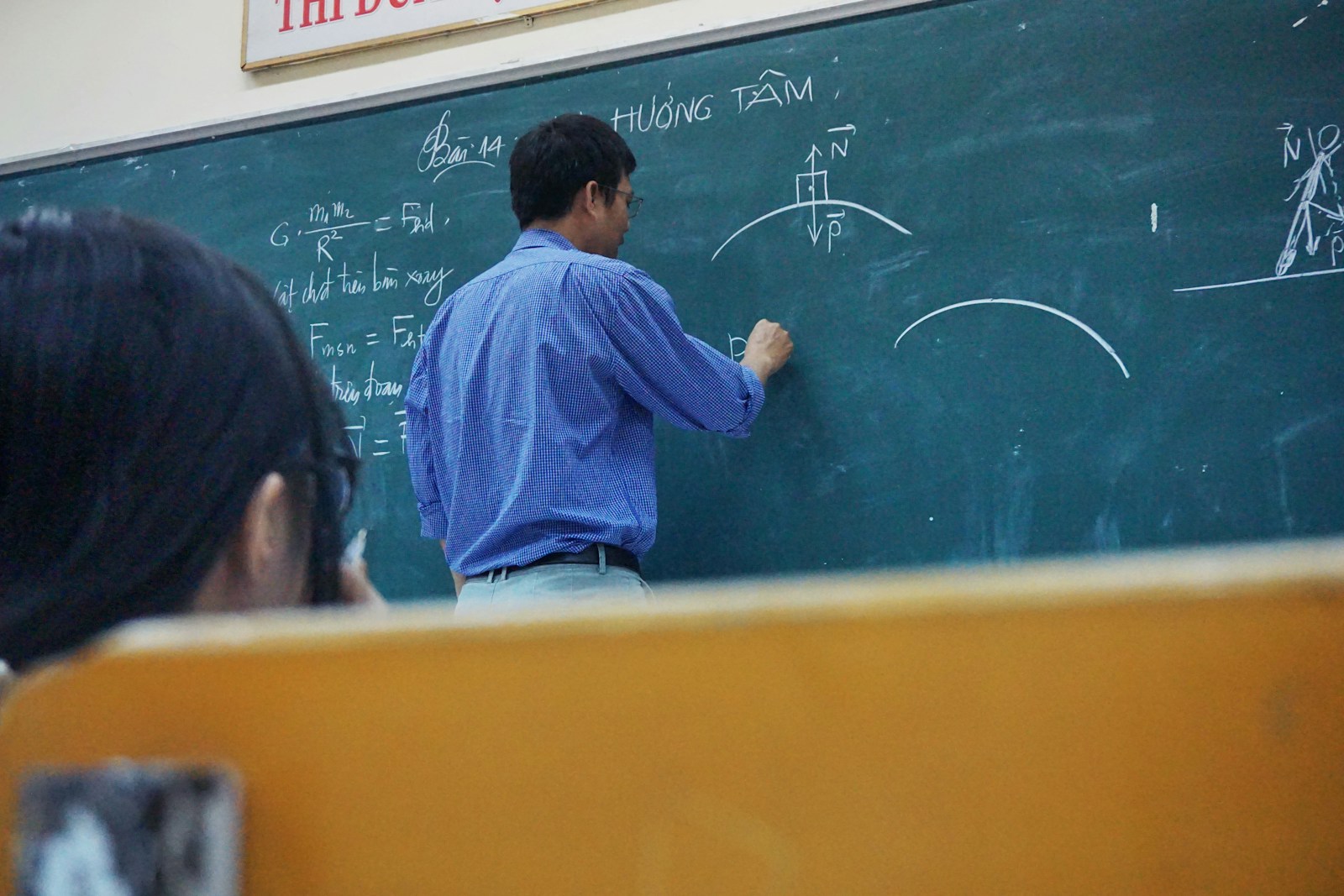Consumer Authority Fines Drishti IAS for Deceptive UPSC Selection Advertisement

Legal Background
The Central Consumer Protection Authority (CCPA), established under the Consumer Protection Act, 2019, is empowered to regulate misleading advertisements and unfair trade practices under Sections 18 and 21 of the Act. The Authority aims to safeguard consumers’ right to make informed choices and to ensure transparency in marketing communications.
Under Section 2(28), a misleading advertisement includes any false or deceptive claim that misleads consumers about the nature, quantity, or quality of a service. Coaching institutes and educational service providers have come under increasing scrutiny for exaggerated claims that influence students’ decisions.
The Case: VDK Eduventures Pvt. Ltd. (Drishti IAS)
The CCPA imposed a ₹5 lakh penalty on Drishti IAS for a misleading advertisement claiming “216+ selections in UPSC CSE 2022.” The advertisement featured names and photographs of successful candidates without clarifying the nature of their association with the institute.
Upon investigation, CCPA found that 162 out of 216 candidates (around 75%) had only attended the institute’s free Interview Guidance Programme (IGP) after already qualifying the Preliminary and Mains stages independently. Only 54 candidates were enrolled in paid courses.
The Authority held that the advertisement concealed material information and created a false impression that Drishti IAS was responsible for the candidates’ success across all stages of the UPSC examination. Such concealment amounted to a misleading advertisement under Section 2(28) and violated students’ right to informed choice under Section 2(9) of the Act.
Repeat Violation and Non-Compliance
This was the second instance of similar misconduct. In September 2024, CCPA had penalised Drishti IAS ₹3 lakh for advertising “150+ selections in UPSC CSE 2021” where 148 out of 161 candidates were only IGP participants.
Despite being penalised and cautioned, the institute repeated the same pattern the following year, escalating the number to “216+ selections.” The Authority noted this as deliberate non-compliance and disregard for consumer protection norms.
Judicial and Regulatory Reasoning
CCPA observed that the concealment of material facts particularly the distinction between paid and free programmes directly affected consumers’ ability to make fair and informed academic decisions. Such omissions, the Authority emphasized, distort the competitive market for coaching services and exploit aspirants’ trust.
By invoking its powers under Section 21(2), the CCPA directed Drishti IAS to:
- Discontinue misleading advertisements;
- Ensure transparent disclosure in all future promotional material; and
- Deposit the penalty amount of ₹5 lakh within the stipulated period.
The order forms part of a broader regulatory crackdown with 54 notices issued and ₹90.6 lakh in penalties imposed across 26 coaching institutes for similar practices.
Significance
1. Reinforcing Consumer Transparency
The decision reinforces that educational service providers must disclose accurate and complete information about course participation, ensuring aspirants are not misled by inflated success claims.
2. Accountability in the Coaching Industry
By imposing repeat penalties, the CCPA has sent a clear message that reputation-based marketing must be backed by verifiable data. Concealing essential details about a candidate’s engagement with an institute constitutes unfair trade practice.
3. Strengthening Students’ Right to Informed Choice
The ruling protects students’ statutory right to truthful information, ensuring that advertisements in the education sector remain honest and evidence-based.
Conclusion
The CCPA’s action against Drishti IAS marks a decisive step toward ensuring truthful advertising and accountability in the coaching industry. It underscores that credibility cannot be built on concealment and that educational institutions must uphold transparency while promoting their results.
By reaffirming the principles of honesty and disclosure, the Authority has not only protected consumer interests but also strengthened trust and integrity within India’s growing education sector.
For more details, write to us at: contact@indialaw.in
By entering the email address you agree to our Privacy Policy.



